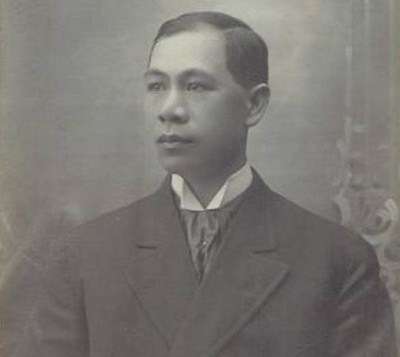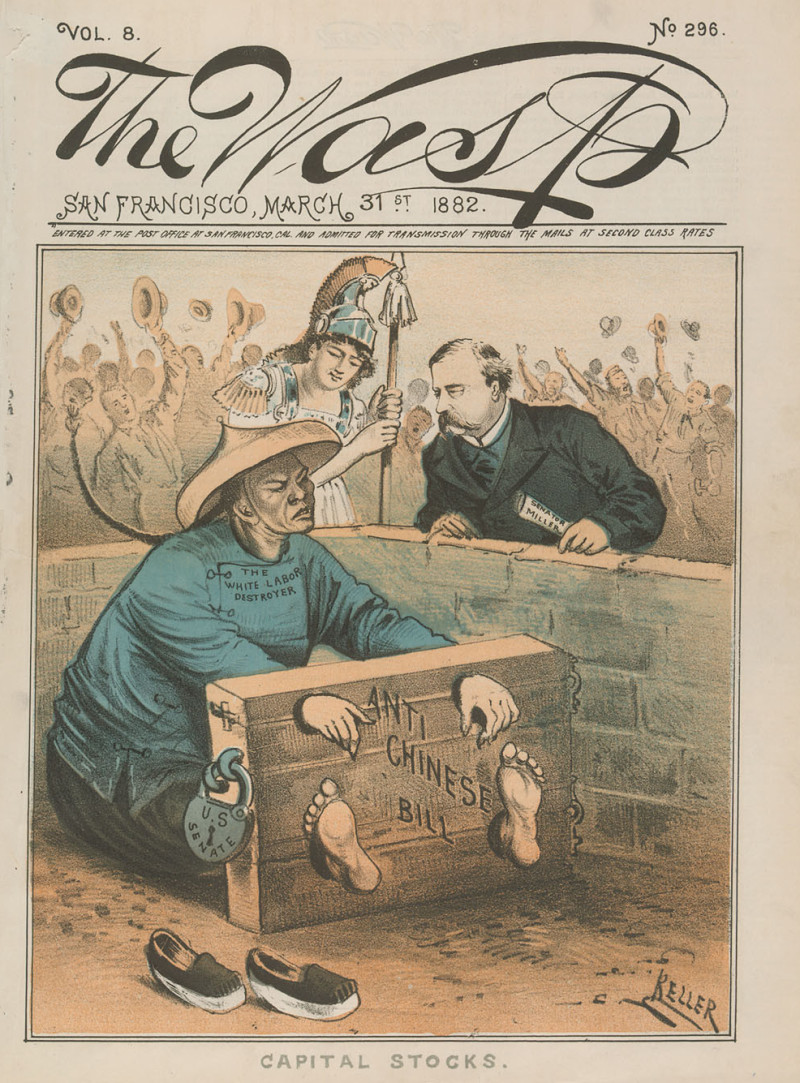Acknowledging a “grievous wrong” committed as part of a “discredited” state policy of discrimination against people of Chinese descent, the California Supreme Court on Monday granted posthumous permission to practice law to an immigrant lawyer who first sought it in 1890.
The court’s unanimous, unsigned ruling (embedded below) came in the case of Hong Yen Chang, an attorney educated at Yale College and Columbia Law School who was admitted to the New York State Bar in 1888 — reportedly the first Chinese lawyer granted permission to practice through regular channels of admission.

When Chang came to San Francisco in 1890, however, the California Supreme Court rejected his application to practice law. The court ruled then that, a certificate of naturalization from New York notwithstanding, Chang was not a U.S. citizen, was barred from becoming one, and thus was ineligible to practice law here.
Today the court said, “Understanding the significance of our two-page [1890] decision denying Chang admission to the bar requires a candid reckoning with a sordid chapter of our state and national history.”
Reciting California’s long history of virulent anti-Chinese discrimination, the court concluded:
… It is past time to acknowledge that the discriminatory exclusion of Chang from the State Bar of California was a grievous wrong. It denied Chang equal protection of the laws; apart from his citizenship, he was by all accounts qualified for admission to the bar. It was also a blow to countless others who, like Chang, aspired to become a lawyer only to have their dream deferred on account of their race, alienage, or nationality. And it was a loss to our communities and to society as a whole, which denied itself the full talents of its people and the important benefits of a diverse legal profession.
More than a century later, Chang’s descendants and the Asian Pacific American Law Students Association at the University of California, Davis School of Law have sought to right this wrong. Even if we cannot undo history, we can acknowledge it and, in so doing, accord a full measure of recognition to Chang’s pathbreaking efforts to become the first lawyer of Chinese descent in the United States. The people and the courts of California were denied Chang’s services as a lawyer. But we need not be denied his example as a pioneer for a more inclusive legal profession. In granting Hong Yen Chang posthumous admission to the California Bar, we affirm his rightful place among the ranks of persons deemed qualified to serve as an attorney and counselor at law in the courts of California.
As the Sacramento Bee noted in a story on Chang last May, he went on to a long, prosperous career despite having been sidelined as an attorney in California. He was:

